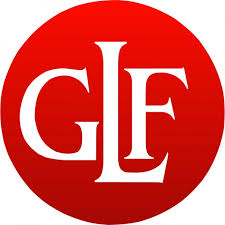Description
The history of the publishing house Editori Laterza began in 1885 when Vito Laterza, the founder, opened a stationary shop in Putignano, in the Province of Bari. In 1889, the shop moved to Bari, where Vito had bought a printing press in 1886. Luigi and Giovanni, Vito’s brothers, soon joined the business. This led to the opening of a bookshop and to the beginning of the house’s printing activities in 1901.
1901 was a crucial year for the company, as this is when Giovanni met Benedetto Croce, the most important Italian philosopher of the first half of the 20th Century. Croce became the leading consultant of the house, which published his works and the journal La Critica. Following Croce’s advice, Laterza abandoned the project of publishing literary works in order to focus on specialised literature in the arts and humanities.
When Croce took position against the Fascist regime, the house supported him as well as other Italian antifascist intellectuals. For this reason, the house had to endure a number of searches, seizures and bans on publishing.
Another milestone in the publisher’s history was the launch of the series I Libri del Tempo in 1951, which centred on current cultural and political issues.
Between the Seventies and the early Eighties, the house had to face the crisis which was affecting the whole Italian publishing sector at the time, especially in the arts and humanities. In those years, the house increased the number of school and university textbooks, and in 1989 it introduced the series “Manuali Laterza”, which includes titles in the areas of law, Romance philology, pedagogy and didactics, to name a few.
The year 1989 is a turning point in the history of Laterza, as the structure of the company changed with the introduction of a family-based board of directors.
The Nineties were an important decade for Laterza, as it began collaborating with international publishers. For example, the series Fare l’Europa, directed by the French historian Jacques Le Goff, involved Editions du Seuil (France), Blackwell (UK), Beck (Germany), and Crítica (Spain) with the aim of tracing the history of Europe.
In more recent years, the publisher has consolidated its business in the areas which have always characterised its activities, while also enriching its catalogue with titles at the intersection of specialised literature and fiction.
Laterza has also taken part in the organisation of major cultural events in a number of Italian cities (Rome, Milan, Turin, Florence, Genoa, to name a few).

